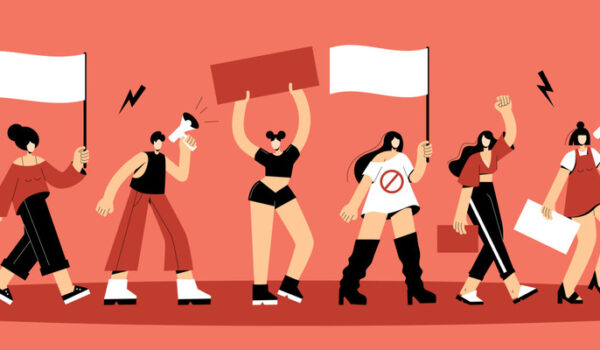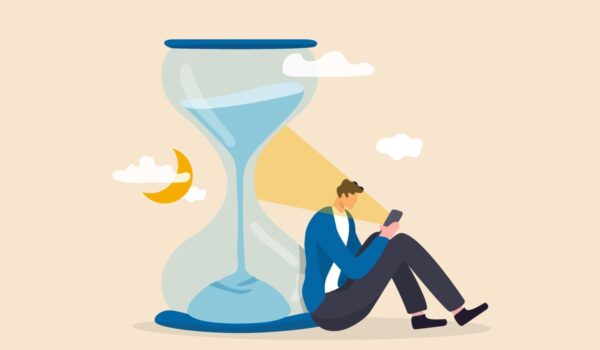In the digital age, where technology permeates every aspect of our lives, mental health challenges have become increasingly prevalent. The constant presence of social media, the pressure to stay connected, and the overwhelming influx of information can exacerbate stress, anxiety, and depression. However, while technology contributes to these issues, it also offers innovative coping strategies and resources to manage mental health effectively.
The digital era has transformed the way in which we communicate, work, and socialize. Social media platforms, while connecting us to others, often create a breeding ground for cyberbullying and unrealistic expectations. The constant notifications and pressure to maintain an online presence can lead to digital burnout, impacting our emotional well-being.
Moreover, the 24/7 news cycle bombards us with information, much of which can be distressing, which can heighten feelings of anxiety and helplessness. The blurred boundaries between work and personal life due to remote working technologies also contribute to stress and burnout, making it crucial to find effective coping strategies.
One well-known coping strategy is to simply detox oneself from screens. Taking regular breaks from screens can significantly improve mental health. Designating screen-free times, such as during meals or before bedtime, helps reduce digital overload and fosters mindfulness. There are also apps like Headspace, Calm, and Insight Timer that offer guided meditations, breathing exercises, and mindfulness practices. These tools can help manage stress and cultivate a sense of calm amidst the digital chaos.
It is also important to keep one’s social media use as healthy as possible. Curating social media feeds to include positive and uplifting content, setting time limits for app usage, and unfollowing accounts that trigger negative emotions can create a healthier online environment. Another way to accomplish this is by establishing a daily routine that includes physical activity, hobbies, and face-to-face interactions. This can balance the time spent online. Setting clear boundaries for work hours and personal time prevents work-related stress from encroaching on personal life.
The digital age, while challenging, also provides valuable tools for managing mental health. Online therapy platforms like BetterHelp and Talkspace provide accessible mental health support. These services offer therapy sessions via text, phone, or video, making professional help more reachable. There are even more resources such as online communities and support groups, educational resources, and crisis helplines.
By leveraging these strategies and resources, individuals can navigate the complexities of modern life and foster a healthier, more balanced relationship with technology.









Comments